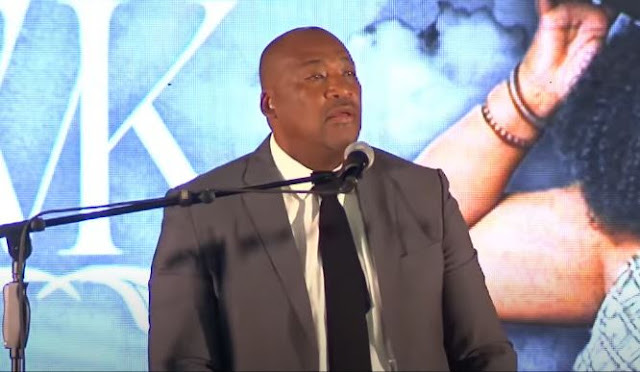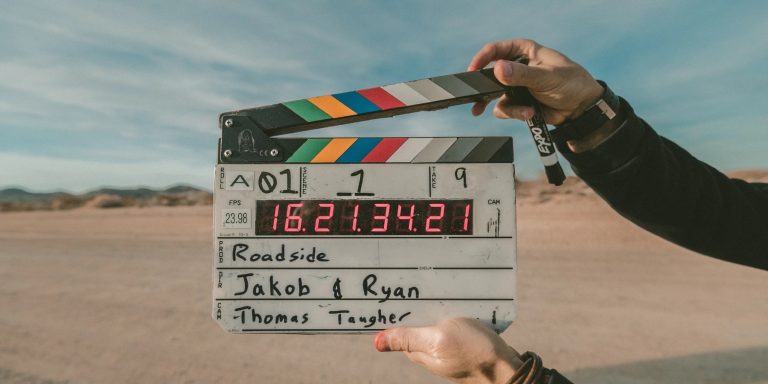A profession in the film industry is often associated with glitz and glamour, a life that is filled with opulence, elegance and luxury. Unfortunately this is not the case in the South African film industry. In South Africa actors have been facing financial struggles for years, and many have come forward using local media platforms to express their difficulties and challenges faced within the local film industry. According to the star system research study complied by Urban-Econ Development Economists on behalf of the KZN Film Commission, many artists have spoken out without being acknowledged. The document was compiled in 2020 and it seems that four years later, nothing much has changed.
The struggle for limited funding is ongoing, posing a significant challenge for large-scale productions, while independent filmmakers struggle to secure adequate budgets, which has often resulted in unfinished projects. To add to this, another hindering factor has been the inadequate infrastructure, which in itself has greatly compromised the South African film industry from competing on a global scale. Furthermore, limited distribution channels have restricted the reach of local productions both domestically and internationally.
The global film industry has been significantly impacted by the rise of streaming giants like Disney+, Amazon Prime, and Netflix. While these platforms have occasionally invested in South African productions, their vast libraries of content have often overshadowed local films. Audiences tend to gravitate towards big-budget international productions, which ultimately limits the viewership of homegrown films.
Just like everything else in South Africa, greater government support is required to facilitate the growth of the South African film industry. And it may be on the horizon. Earlier today, while speaking at the funeral of singer Winnie Khumalo (51), Arts minister Gayton McKenzie said the government is serious about fixing South Africa’s broken entertainment business system this year. The minister slammed the country’s government for its failure to reform the entertainment industry and the system to prevent artists from suffering and perpetually dying in poverty, reported news24

While the minister has offered an apology to the artistic community, a concrete plan of action (and let’s be honest, a bit of grovelling) is still pending. One can only hope that amongst the eventual “corrective measures,” tech will be thrown into the mix. Imagine! AI-powered tools and virtual production could slash costs and make filmmaking less of a headache for those without a Hollywood budget. And hey, maybe they could even play matchmaker between filmmakers, investors, and distributors. Of course, let’s not forget the importance of nurturing homegrown talent and giving a voice to those untold stories. After all, what’s a film industry without a bit of local flavour?
In today’s crazy world, movies are still a powerful force for good, nudging society towards a fairer and more sustainable future. South Africa’s film industry, which had once been booming and attracting tons of international productions, needs greater government support to facilitate its rebirth. But let’s be real, there are a few potholes on the road to long-term success that need dire attention, as Shakespeare would say, “without further ado.”
By embracing innovation, collaboration, and a whole lot of government support, South Africa’s film industry can reclaim its place on the global stage. It’s time to empower local storytellers, nurture homegrown talent, and showcase the country’s unique beauty and vibrant culture to the world. The future of South African cinema may be uncertain, but with the right support and a bit of “ubuntu,” it has the potential to be truly spectacular.

